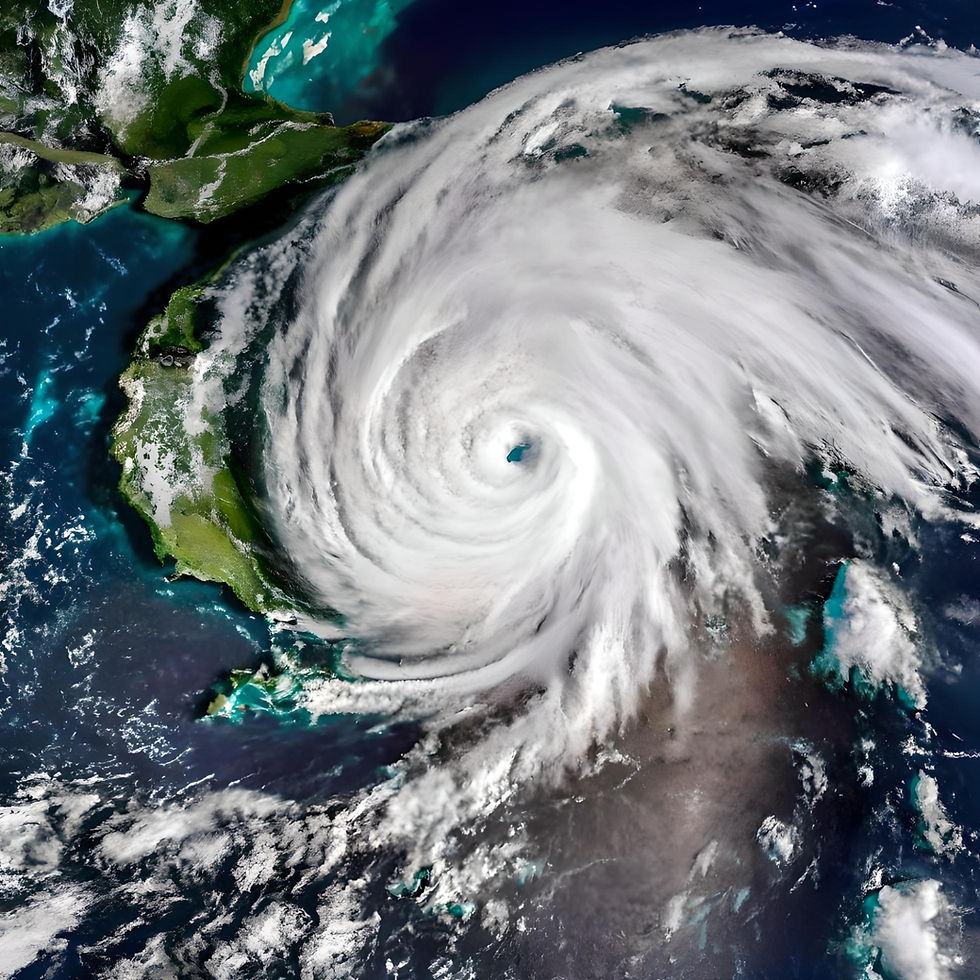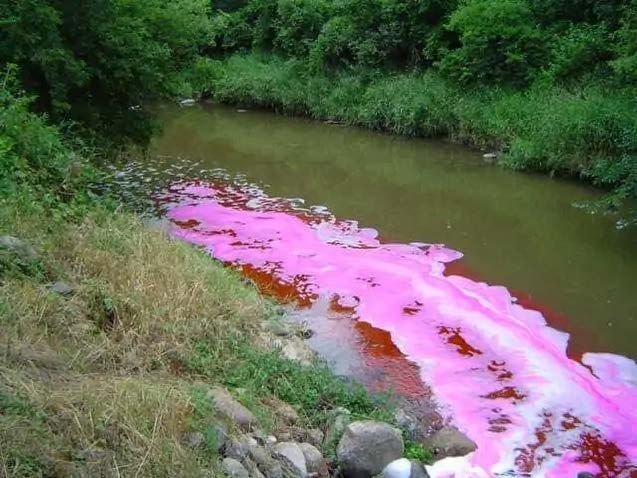Save Oceans, Protect our Future
- Elsie Gabriel
- Jul 1, 2022
- 3 min read

Although oceans appear limitless, they are not immune to the damage that we cause to them. Every year, tons of waste get dumped in the ocean affecting the quality of the ecosystem and lives of aquatic animals. They are critical to our existence and contribute to balancing nature’s cycles. Keeping this in view, the Ocean Conference was held last month, co-hosted by the Governments of Kenya and Portugal. It took place at a critical time as the world is walking towards the path of protecting oceans, while addressing problems deep-rooted in our societies that are laid bare by the COVID-19 pandemic. Needlessly, they will require major structural transformations and common shared solutions that are anchored in the SDGs. To mobilize action, the Conference will seek to propel much needed science-based innovative solutions aimed at starting a new chapter of global ocean action.
We must conserve and sustainably use the oceans, seas and marine resources for sustainable development. The overarching theme of the Conference is “Scaling up ocean action based on science and innovation for the implementation of Goal 14: stocktaking, partnerships and solutions-UN.
According to the World Meteorological Organization’s State of the Global Climate 2021 report, the world’s oceans in 2021 grew to their warmest and most acidic levels on record. Carbon emissions from human activities are causing and intensifying ocean warming, acidification and oxygen loss, which in turn threatens the survival of the living organisms and ecosystem, and negatively impacts food security, tourism industry and the economy.
The science is clear: the ocean — critical to combating climate change; boosting economic growth; and reducing biodiversity loss — is seriously degraded, and if present trends continue, there will be catastrophic consequences for the planet.
Heads of the Government and State together with leaders from the private sector, the scientific community and other partners will gather at the Conference to chart a new pathway that would ensure the protection and conservation of the ocean and its resources.

Elsie Gabriele, the author in the conference (Image Courtesy: Author)
In addition to plenary sessions, there were 8 interactive dialogues focusing on a wide range of ocean issues: from addressing marine pollution to promoting ocean-based economies to increasing scientific knowledge and transfer of marine technology. These dialogues offer individuals and communities opportunities to forge bold commitments to advance ocean action.
The official programme was accompanied by four special events focusing on youth, the sustainable blue economy, fresh- and saltwater interlinkages and ocean action at the local and regional level.
Youth and Innovation Forum, Cascais, Portugal (24–26 June)
The Youth and Innovation Forum is a platform for advancing ocean action and implementing youth-led solutions. It seeks to help young entrepreneurs and innovators scale up their initiatives, projects and ideas through professional training and matchmaking with mentors, investors, the private sector and government officials.
Localising Action for the Ocean: Local and Regional Governments Forum, Matosinhos, Portugal (25 June)
This program is focused on local and regional governments and other stakeholders to announce new voluntary commitments in support of Ocean Action. The event intends to facilitate a discussion on opportunities and initiatives that can support sustainable adaptation for coastal cities and regions, including financing innovation and scaling up activities related to ocean protection.
High-Level Symposium on Water, Lisbon, Portugal (27 June)
This Symposium offers a platform that brings together political leaders and decision makers at high authorities dealing with both “fresh” and “salt” water, reflecting on how to better connect these two communities to guarantee an integrated vision of the water cycle. By doing so, the symposium seeks to strengthen the role of water and ocean in the implementation of the 2030 Agenda for Sustainable Development and the Paris Agreement.

Elsie Gabriele interacting with the European Commissioner for the Environment, Oceans and Fisheries, Virginijus Sinquevicius, during the clean-up activity of the Carcavelos beach in Oeiras in the last week of June, 2022 for the UN Ocean Conference Portugal (Image Courtesy: Author)
Sustainable Blue Economy Investment Forum, Cascais, Portugal (28 June)
The forum was an opportunity to establish a common language for a sustainable ocean economy and to explore how to build synergies between integrated Ocean Management Plans, trade finance, marketing and distribution value chains and the private sector.
With billions of humans and animals depending upon health of our Oceans, it is imperative to take actions for the ocean. No matter how small or where you are, the ocean is affected by us all, you never know how the plastics from our own backyards and kitchen land up at our oceans.
~ Elsie, reporting from Lisbon
About the Author:
Elsie Gabriel is the National Coordinator Oceans, The Climate Project Foundation. She is also the Founder of Young Environmentalists Programme Trust.










SUDIRMAN168
SUDIRMAN168
SUDIRMAN168
SUDIRMAN168DAFTAR
SUDIRMAN168LOGIN
SUDIRMAN168ALTERNATIF
SUDIRMAN168TERPERCAYA
SUDIRMAN168MAXWIN
SITUSPILIHANSUDIRMAN168&LAPAKBET777
LAPAKBET777
LAPAKBET777RESMI
LAPAKBET777GACOR
LAPAKBET777DAFTAR
LAPAKBET777LOGIN
LAPAKBET777ALTERNATIF
LAPAKBET777MAXWIN
TERMINAL4D
Daftar Link Dofollow
lapak7d
lapak7d
lapak7d
lapak7d
lapak7d
lapak7d
lapak7d
lapak7d
lapak7d
lapak7d
lapak7d
lapak7d
lapak7d
situs slot demo
slot demo X1000
scatter hitam
slot toto
situs slot online
situs slot online
situs slot online
situs slot
situs slot
situs slot
situs slot
sudirman168
sudirman168
sudirman168
slot gacor
toto singapure
situs toto 4d
toto slot 4d
pg soft mahjong2
mahjong2
pocari4d
pocari4d
pocari4d
pocari4d
pocari4d
pocari4d
pocari4d
terminalbet
terminalbet
data pemilu
utb bandung
universitas lampung
slot bonus new member
ksr88
ksr88
ksr88
ksr88
Slot Dana
situs slot gacor hari ini
terminal4d
terminal4d
terminal4